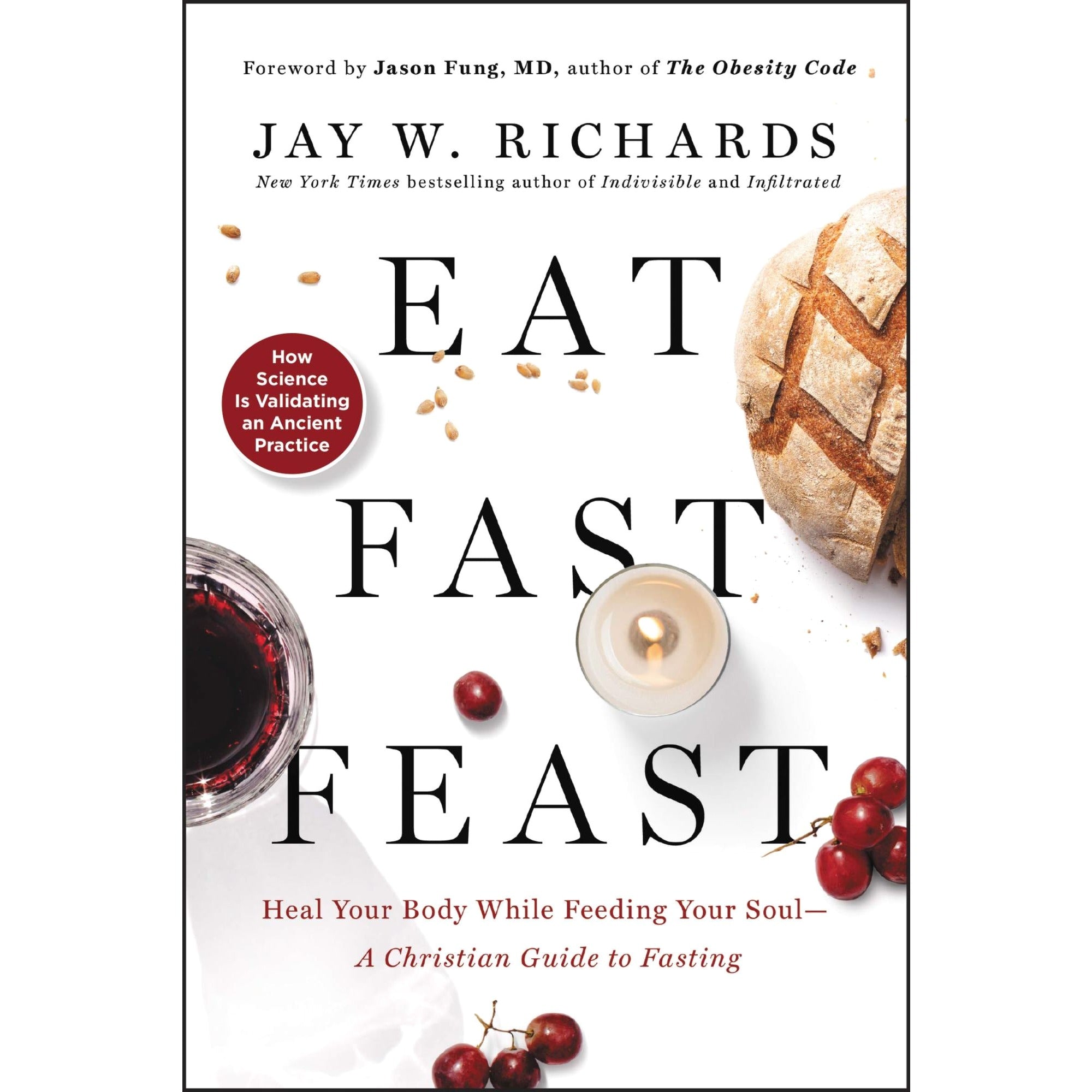Fasting can make us cringe a little. This spiritual practice is, perhaps, the one most associated with Lenten penance, and sometimes we don’t do it unless we “have” to. But that’s only because most of us haven’t really encountered the benefits, dare we say, the joys of fasting!
Don’t believe us? Let’s take a closer look and come to a better understanding of this highly-beneficial spiritual practice.
Fasting as a spiritual exercise is known to boost our spiritual growth. Combined with prayer, it is a crucial part of our progress towards God. It is the practice best suited to detaching ourselves from the world and the flesh and focusing on God, because:
1) it tames our bodily appetites, which can be sources of temptation for us;
2) it detaches us from physical comforts, which can weaken us and impede growth in virtue;
3) it aids us in personal self-mastery, so that we can resist sin and choose the good even when it’s difficult to do so; and
4) it purifies and liberates our prayer, quieting the demands of the body so that we can focus more acutely on God.
It is crucial to remember that fasting must be united with prayer in order to be fruitful. After all, the purpose of this practice is to draw us closer to God and unite our wills to His. Before and during a fast, we must ask God to help us discern His will.
There are different levels of fasting. The most common form is what we do on Ash Wednesday and Good Friday: one full meal for the day with two smaller meals (that together don’t equal a full meal), abstaining from meat during all meals, of course.
Adding regular fast days to your spiritual routine is a beautiful and concrete way to deepen your relationship with God. It has physical benefits, too! Introduce yourself to it through Eat, Fast, Feast, which pulls together the spiritual, mental, and physical benefits of fasting and offers an approachable 40-day fasting plan. Order today from The Catholic Company!























